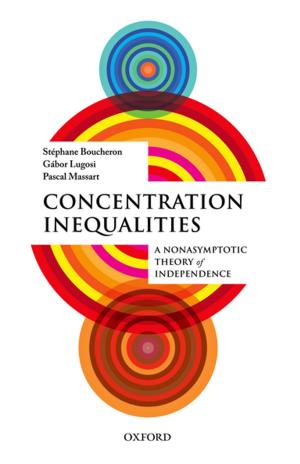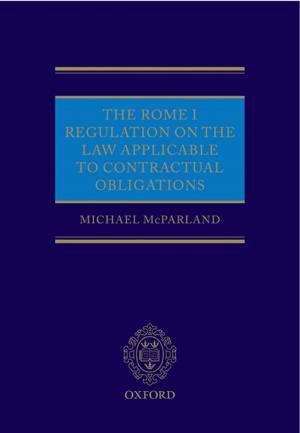Major Recessions: Britain and the World 1920-1995
Business & Finance, Economics, Theory of Economics, Economic History| Author: | Christopher Dow | ISBN: | 9780191069055 |
| Publisher: | OUP Oxford | Publication: | January 7, 1999 |
| Imprint: | OUP Oxford | Language: | English |
| Author: | Christopher Dow |
| ISBN: | 9780191069055 |
| Publisher: | OUP Oxford |
| Publication: | January 7, 1999 |
| Imprint: | OUP Oxford |
| Language: | English |
In the twentieth century there have been five major recessions: two in the interwar period, and three more starting 1973, 1979, and 1989. This book focuses on events in the UK, but sets them in their international context and makes frequent comparisons with other countries. Major recessions happened at a similar time in all major countries, and the lessons are general. Three main conclusions are reached: (1) major recessions reflect abrupt fallings off in demand, not supply; (2) these are due to identifiable demand shocks and by swings in consumer and business confidence which amplify the direct effects of demand shock; (3) major recessions are not predictable. In the final chapter, Christopher Dow puts forward an insider's view on how to avoid future severe recessions: action must be taken to control booms, which if uncontrolled will lead to a period of bust, and once a major recession has begun, fiscal and monetary policy must be adjusted to mitigate the downturn. Often unpopular with economists, this is the line which many governments and central banks take: Major Recessions will help them to have more success.
In the twentieth century there have been five major recessions: two in the interwar period, and three more starting 1973, 1979, and 1989. This book focuses on events in the UK, but sets them in their international context and makes frequent comparisons with other countries. Major recessions happened at a similar time in all major countries, and the lessons are general. Three main conclusions are reached: (1) major recessions reflect abrupt fallings off in demand, not supply; (2) these are due to identifiable demand shocks and by swings in consumer and business confidence which amplify the direct effects of demand shock; (3) major recessions are not predictable. In the final chapter, Christopher Dow puts forward an insider's view on how to avoid future severe recessions: action must be taken to control booms, which if uncontrolled will lead to a period of bust, and once a major recession has begun, fiscal and monetary policy must be adjusted to mitigate the downturn. Often unpopular with economists, this is the line which many governments and central banks take: Major Recessions will help them to have more success.















